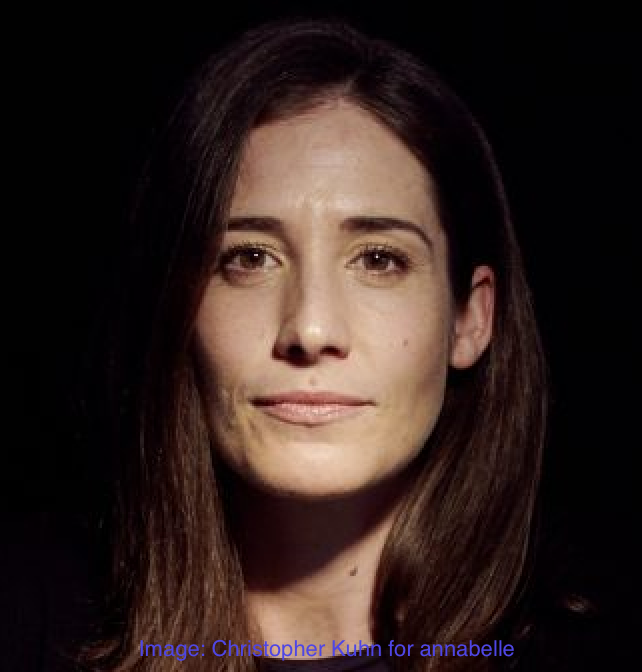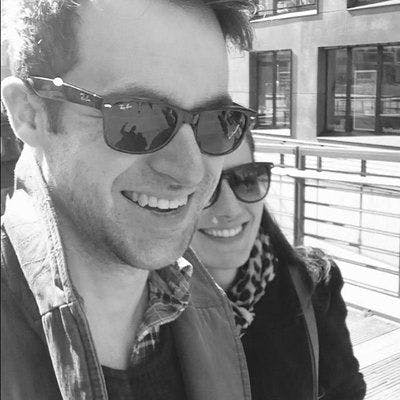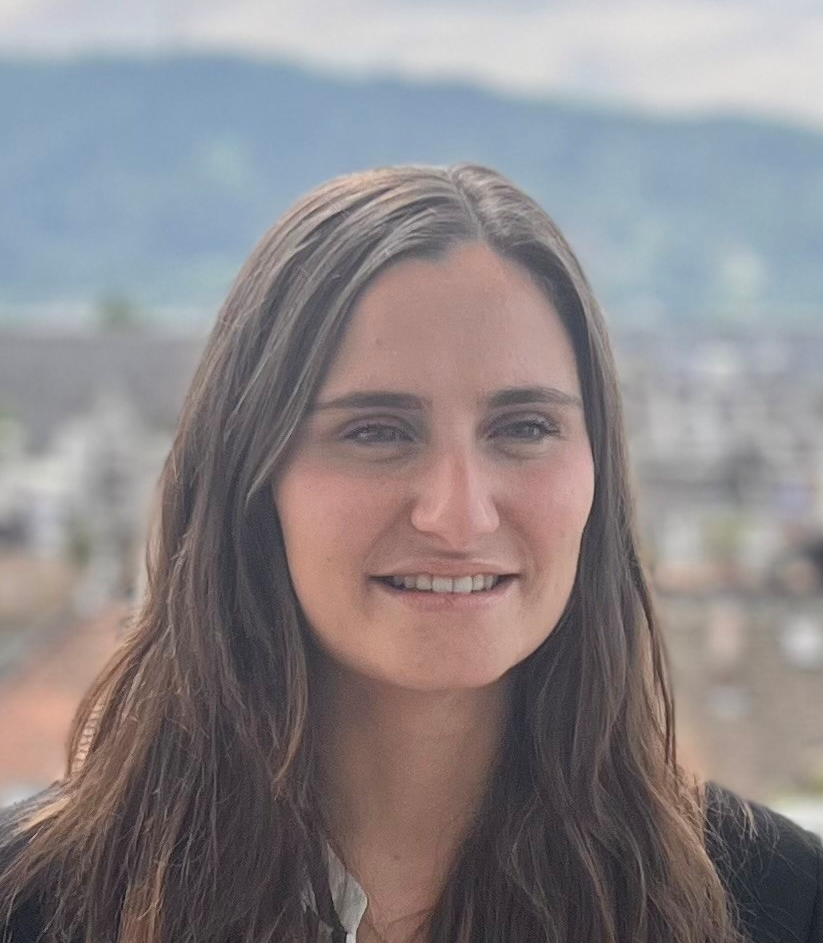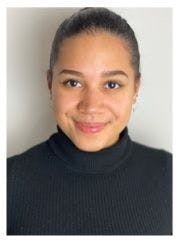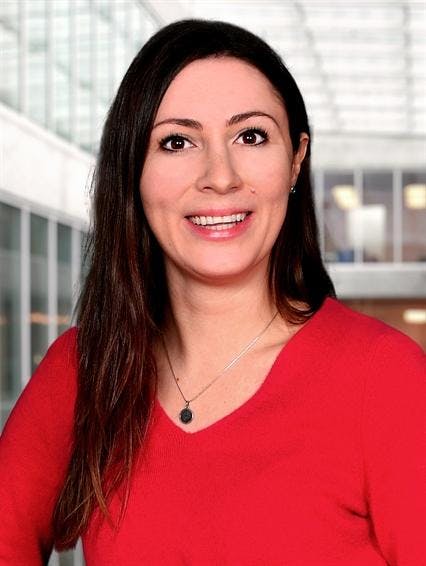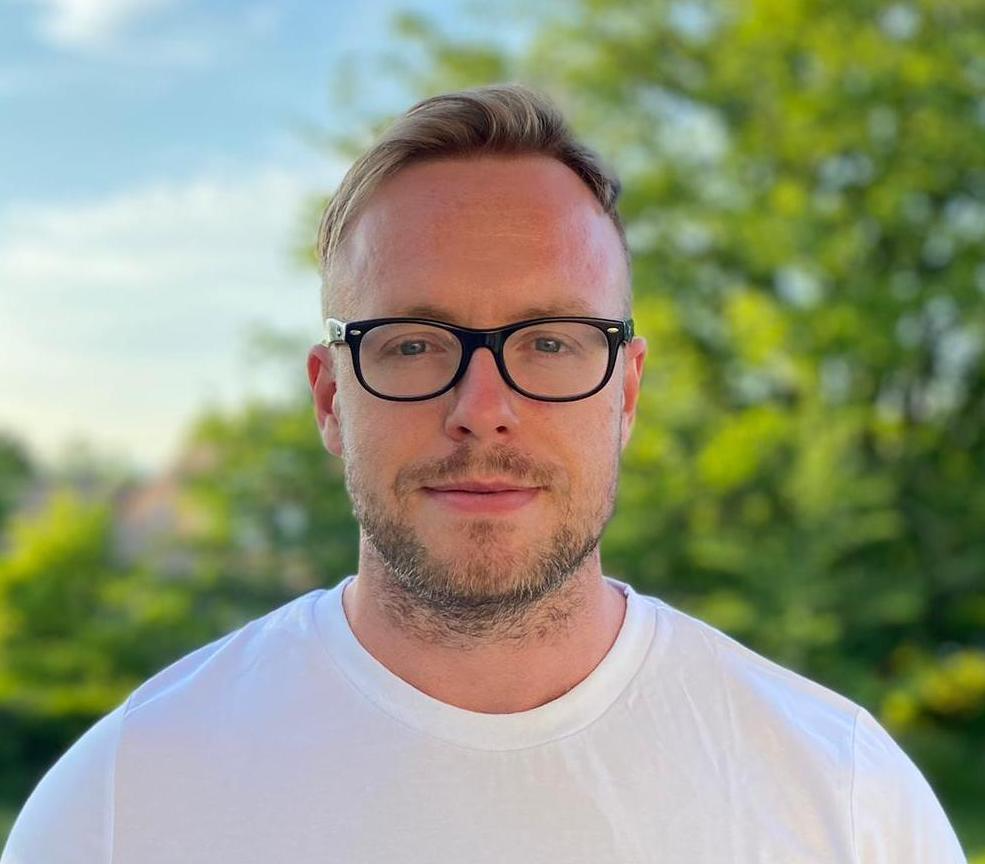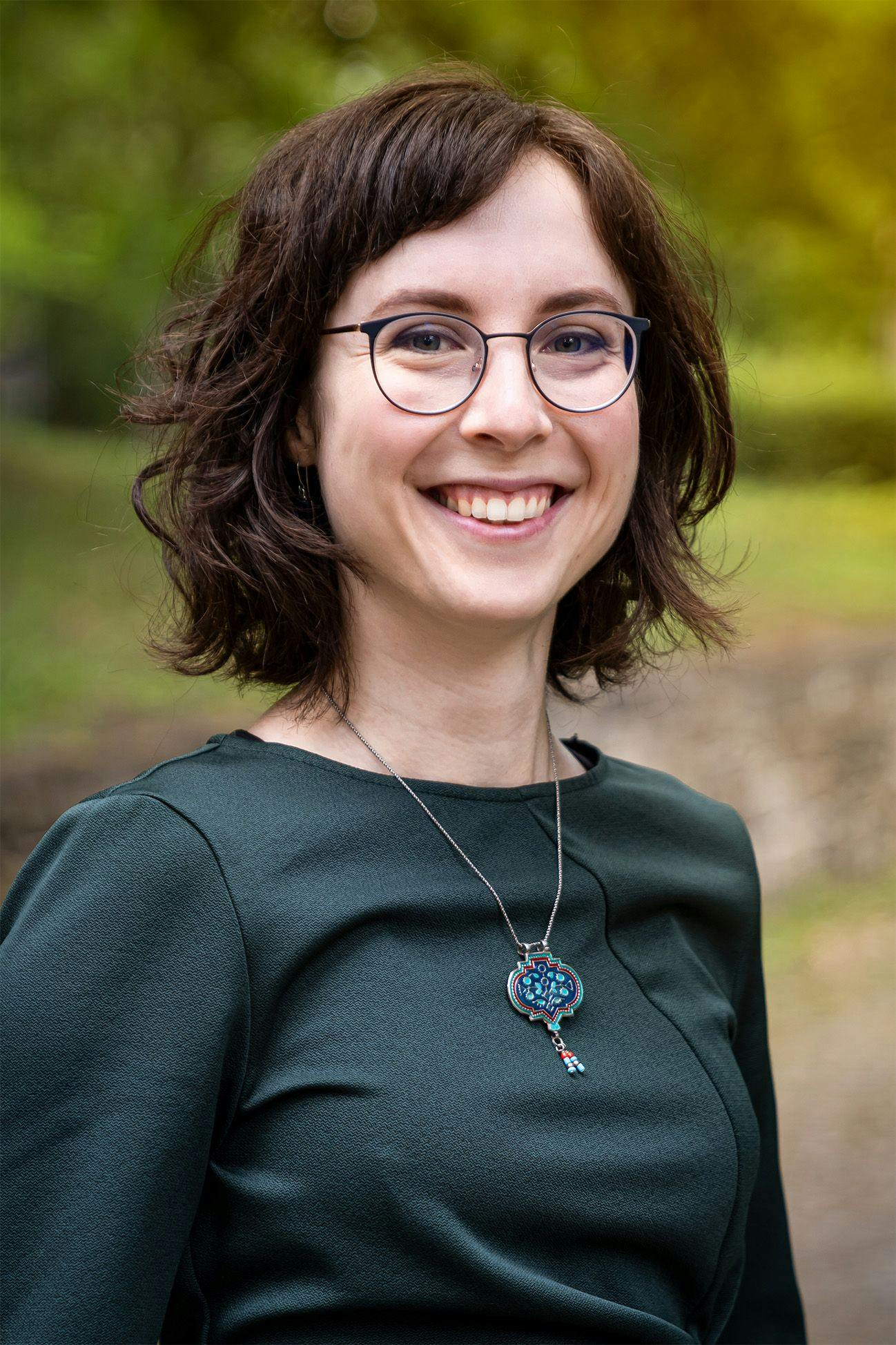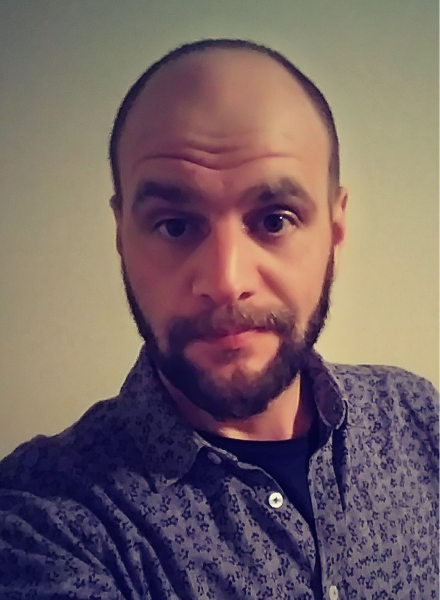AFC Lab Team Members
Meike Ramon is a Professor of Applied Data Science at the Business School of the Bern University of Applied Sciences. As a Swiss National Science Foundation PRIMA (Promoting Women in Academia) Fellow, she founded the Applied Face Cognition Lab, which she previously led at the University of Lausanne and Fribourg. Other things Meike is involved in: Founding member of the 500 Women Scientists Bern/Fribourg - Local node leader of the Swiss Reproducibility Network - Member of the European Association for Biometrics (EAB) - Member of the Europol Platform for Experts (EPE) and Europol Data Protection Experts Network (EDEN) - Expert Panel Member for Innosuisse, the Swiss Federal Innovation Agency - Juror for the German National AI Competition - Board Member Association for Independent Research - Advisory Board Member for the multi-centric project "Increasing eyewitness identification accuracy in lineups using 3D interactive virtual reality (3DIL)". As a Scientific Advisor for the Berlin Police, Meike co-developed the Berlin Test for Super-Recognizer Identification (beSure®), a bespoke tool involving authentic police material.
Andrea is a forensic phonetician and the group leader of the speech and audio group at the Zurich Forensic Science Institute (FOR). Previously, she worked on automatic speaker and speech recognition at several international institutions and companies (Oxford Wave Research, Spitch AG, Netherlands Forensic Institute, Bielefeld Dialogue Systems Group, University of Bielefeld). Andrea holds a MA from the faculty of computational linguistics at the University of Zürich. While most of her casework focuses on forensic speaker comparison and identification, her research interest lies in human and automatic processing of voices. Alongside her work at FOR, Andrea is pursuing a PhD and is keen on finding out if Super-Recognizers' ability for *facial* identity processing extends to the auditory domain and voices.
Jobila studied psychology at the University of Stirling, where she found her interest in cognition. For her dissertation, she compared two versions of a holistic composite system. Through this, she received the opportunity to complete a research-based internship with the Zurich Cantonal Police, where she assisted in two studies surrounding face recognition. She is currently completing her Masters in Psychology and Neuroscience of Mental Health. From 2023 onwards, Jobila will be responsible for coordinating the lab's remote testing and will prepare a project to determine whether Super-Recogniziers’ superior ability for processing facial identity extends to faces of P.O.C. (people of color).
Kim is a cognitive science researcher passionate about cognitive aging and working memory. As the coordinator of the SWISS100 study - the first nationwide examination of centenarians in Switzerland - she utilizes her expertise to unravel the complexities of cognitive capacity in this unique population. Moreover, Kim develops innovative methods for studying cognition using high-density data. She has developed a tool for automatic analysis of graphomotor data from neuropsychological tests, and is delving into AI to study neural networks and human cognition. Starting Feb 2023, in the AFC Lab, Kim will develop paradigms to characterize individual differences in cognitive abilities objectively, using FPVS and EEG.
After working as a project manager and electroacoustic platform designer in the consumer electronics industry for 8 years, Matthew returned to academia to obtain a PhD in computer vision and a second PhD in applied mathematics for social and human sciences. He currently works on the development and release of new causal, statistical, and machine learning techniques across a broad range of application areas, including audio-video analysis for psychotherapy, fair and unbiased machine learning techniques for recommender systems, and exploratory machine learning for Super-Recognizer characterization.
Linda completed her Bachelor's and Master's studies at the University of Turin (UniTo), where she specialized in cognitive neuroscience, as well as a joint research internship at Focuslab (UniTo) and the Behavioural Neuroscience group (Forschungszentrum Jülich). At present she is completing her PhD at Friedrich-Schiller-Universität Jena, and is also affiliated with the Max-Planck Institute of Geoanthropology (Jena, DE). During her doctoral phase she conducted several studies using a variety of methods (analysis of behavioural responses, fMRI, EEG-ERPs, neuroimaging meta-analysis) to investigate sources of individual variation in face identity processing skills. In the AFC Lab, Linda will focus on FPVS EEG in Super-Recognizers and controls to deepen our understanding of the neural correlates of individual differences in face identity processing ability.
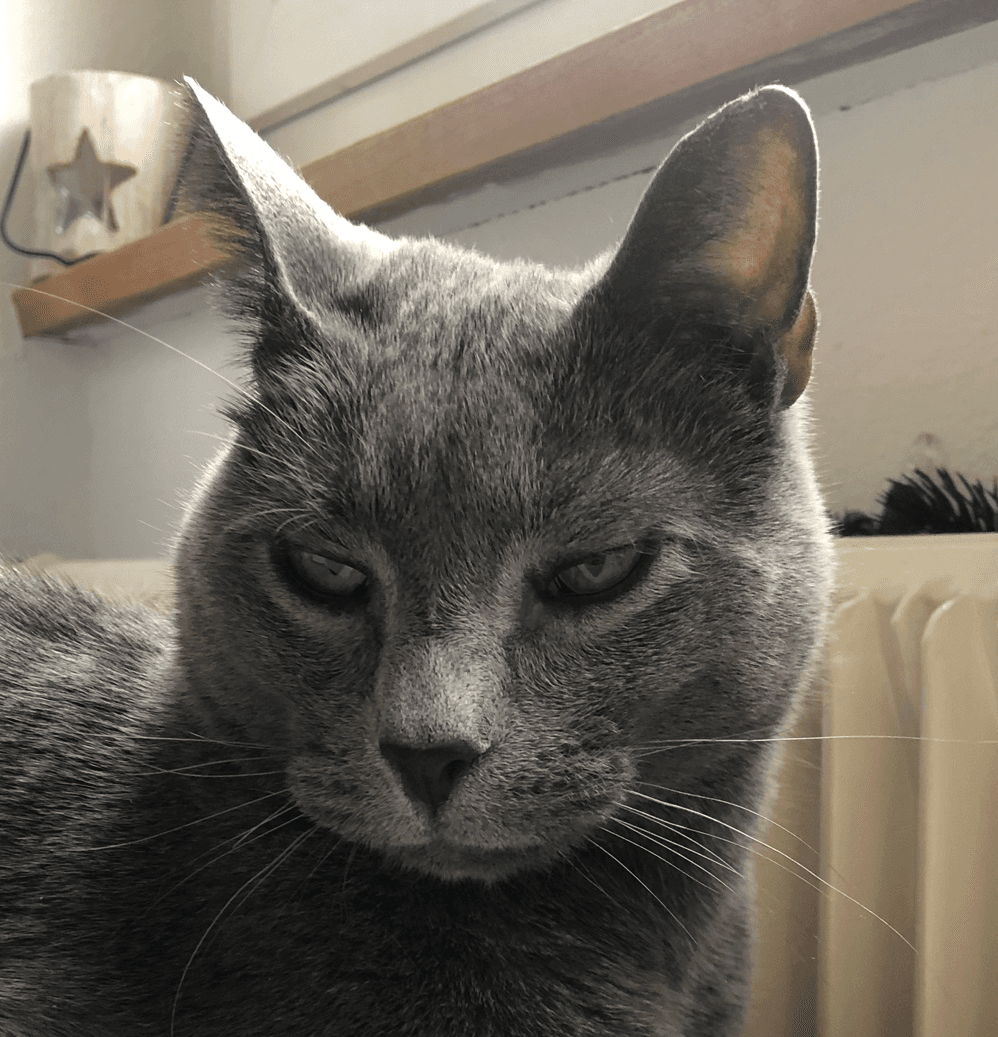
Lavazza
Honorary Fellow
Lavazza spends the majority of his time in quiet, focussed contemplation. We know not what he thinks about - but it's likely to be deeply profound. You can usually find him asleep on a keyboard.
Lionel is finishing his Master in Clinical Neurosciences at the University of Fribourg. He is much interested in experimental research and its applications in industry and clinical settings. During his internship at the AFC Lab Lionel worked on the determinants of face recognition, which was recently published (Boudry et al., 2024, Journal of Cognition). As a Research Assistant Lionel coordinates the AFC Lab Talk series and is working on projects dealing with assessment of face identity processing in civilians and police officers. Besides his studies, Lionel is a big Basketball fan and he spends some of his evenings commenting games.
Jeff uses pattern analyses of neural and psychophysical data to understand perceptual and conceptual representations of objects and tasks. When he’s not playing hockey or skiing, you’ll probably find him wondering about how tasks modify the neural representations of faces, natural scenes, playing cards, or simple Gabors. In the AFC lab, he’s developing data-driven approaches to capture Super-Recognizers’ uncanny abilities.
